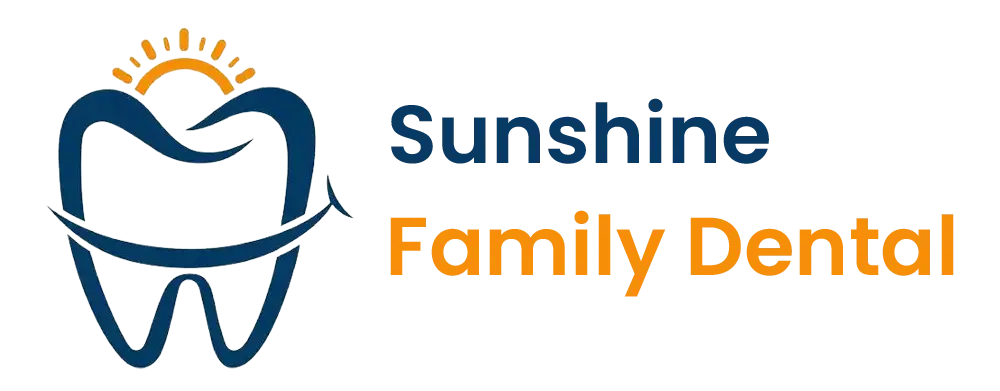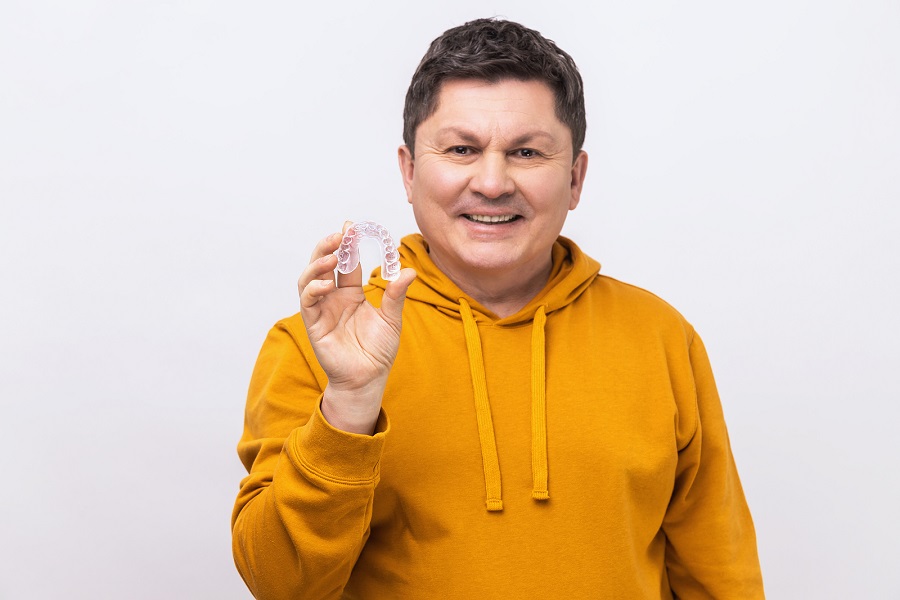Please reach out to our dental practice in Pleasanton, CA, to have a consultation with our dentist, Dr. Dogra. Please call us at (925) 600-9006 or schedule an online consultation, and we’ll guide you further.

The Essential Guide to Professional Dental Cleanings: Keeping Your Teeth and Gums in Top Shape
When was the last time you smiled confidently, knowing your teeth were in pristine condition? Regular dental cleanings play a crucial role in achieving that radiant smile. They're not just about removing plaque and tartar; they're about maintaining overall oral health and preventing more serious issues down the road. Whether you're due for a check-up or curious about what to expect during a professional cleaning, this guide will walk you through everything you need to know. Let’s dive into the world of dental care and uncover why these appointments are essential for keeping your teeth and gums in top shape!
Importance of Regular Dental Cleanings
Regular dental cleanings play a crucial role in maintaining oral health. They help to remove plaque and tartar that regular brushing might miss. This buildup can lead to cavities and gum disease if left unchecked.
Beyond just cleaning, these visits allow your dentist to monitor the overall condition of your teeth and gums. Early detection of potential issues can save you from more complex treatments down the line.
Additionally, professional cleanings create an opportunity for education on proper oral hygiene practices. Dentists can provide personalized tips tailored to your unique needs.
The refreshing feeling after a cleaning is also hard to beat! It’s not just about aesthetics; it enhances your confidence in smiling freely without worrying about bad breath or stained teeth.
What Happens During a Dental Cleaning?
During a dental cleaning, the process begins with an examination of your teeth and gums. The dentist or hygienist checks for any signs of decay or gum disease. This initial assessment is crucial for tailoring the cleaning to your specific needs.
Next, you'll experience scaling. Using specialized tools, plaque and tartar are meticulously removed from the surfaces of your teeth, including hard-to-reach areas around the gum line.
After scaling comes polishing. A gritty toothpaste-like substance is applied to buff your teeth, making them smooth and shiny. This step not only enhances appearance but also helps prevent future buildup.
Fluoride treatment often follows polishing; it strengthens tooth enamel and provides added protection against cavities.
You’ll receive personalized advice on maintaining oral hygiene at home based on what was observed during the cleaning session.
Benefits of Professional Dental Cleanings
Professional dental cleanings offer numerous benefits that go beyond mere aesthetics.
- One of the primary advantages is the removal of plaque and tartar buildup, which brushing at home simply can’t tackle effectively. This prevention helps reduce your risk for cavities and gum disease.
- Additionally, regular cleanings help detect early signs of oral health issues. Dentists are trained to spot problems that may not be evident during self-checks.
- A fresh, clean mouth boosts confidence as well. Enjoying a bright smile can enhance social interactions and personal relationships.
- Moreover, professional cleaning sessions often come with personalized care plans tailored to individual needs. Your dentist can provide specific advice on improving your daily routine based on insights gathered during these visits.
- Establishing a relationship with your dentist fosters trust and comfort in addressing any concerns you might have about oral health or treatments needed down the line.
Frequency of Dental Cleanings
The frequency of dental cleanings largely depends on individual oral health needs. Most experts recommend visiting the dentist every six months for a professional cleaning. This routine helps prevent plaque buildup and catches any issues early.
However, some people may require more frequent visits. Those with gum disease or higher risk factors might benefit from cleanings every three to four months. If you have braces or other dental appliances, your schedule could also change.
Listening to your dentist's advice is crucial. They can assess your unique situation and recommend a tailored approach that fits your needs perfectly.
Maintaining this regularity not only reinforces good oral hygiene but also ensures that you enjoy optimal dental health in the long run. Regular check-ups create an opportunity for both prevention and education about oral care practices between appointments.
Tips for Maintaining Oral Health Between Cleanings
Maintaining oral health between dental cleanings is essential for a bright smile.
- Start with brushing twice a day using fluoride toothpaste. This helps fight cavities and keeps your gums healthy.
- Don’t forget to floss daily. It removes plaque and food particles from areas that brushes can’t reach.
- Rinse with an antibacterial mouthwash after brushing and flossing to reduce bacteria buildup. This adds an extra layer of protection for your teeth and gums.
- Pay attention to your diet too. Limit sugary snacks and drinks, as they contribute to tooth decay. Instead, opt for crunchy fruits and vegetables, which can help naturally clean your teeth.
- Stay hydrated by drinking plenty of water throughout the day. Water not only rinses away debris but also promotes saliva production, which is crucial for neutralizing acids in the mouth.
- Consider using sugar-free chewing gum after meals; it stimulates saliva flow while freshening breath. Contact us now.
Choosing the Right Dentist for Your Needs
Selecting the right dentist is crucial for your oral health.
- Start by considering their qualifications and experience. Check if they have the necessary certifications and training.
- Location matters too. A conveniently located dental practice can make regular visits easier, especially for families with busy schedules.
- Read reviews from other patients to gauge their experiences. Positive testimonials often indicate a welcoming atmosphere and attentive staff.
- Don’t hesitate to ask about services offered. Some dentists specialize in certain areas, like cosmetic dentistry or pediatrics, which may align better with your needs.
- Schedule a consultation before committing. This visit will help you assess whether you feel comfortable with the dentist’s approach and communication style. Your comfort level plays a significant role in maintaining routine visits for optimal oral health.
Conclusion
Maintaining optimal oral health is essential for your overall well-being. Regular dental cleanings play a vital role in this process, ensuring that your teeth and gums remain in excellent condition. By understanding the importance of professional cleanings, you can take proactive steps toward a healthier mouth.
Choosing the right dentist for your needs is crucial. Look for someone who understands your concerns and offers personalized care tailored to you. With regular appointments and proper at-home hygiene practices, you can enjoy a bright smile and strong teeth.
Remember, investing time into maintaining your oral health today will pay off with lasting benefits in the future. So schedule that dental exam in Pleasanton, CA, and keep those pearly whites shining!
Office Hours
MON - WED9:00 am - 5:00 pm
THUClosed
FRI9:00 am - 5:00 pm
SAT8:30 am - 2:30 pm
SUNClosed





comments